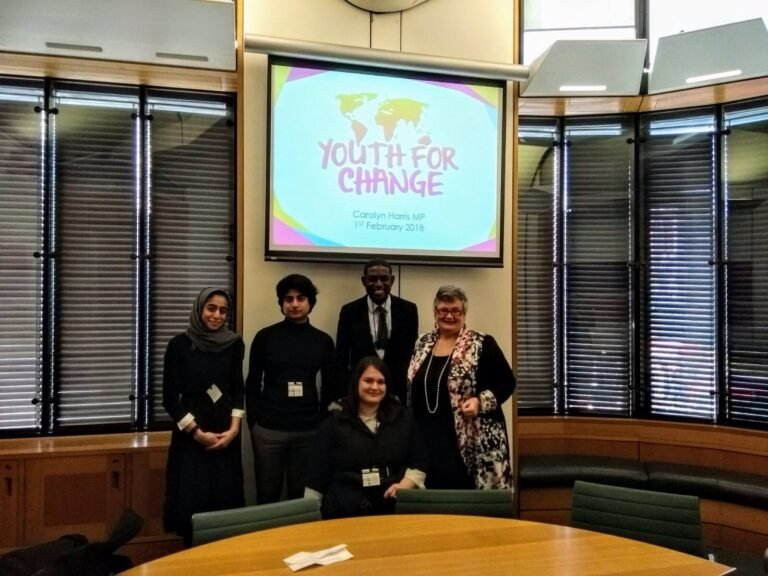March 8 marks International Women’s Day,
provides a chance to reflect on the struggle for greater gender equality. The
roots of this annual event reach back more than a century. Yet, its focus on
respect and women’s opportunities remain strikingly relevant today—from sexual
harassment and violence to unequal laws and unfairness in the workplace, where
women are too often underemployed, underpaid, and underpromoted (Lagarde,
2019).
The empowerment of women is a holistic
concept. It may be a multi-dimensional approach that helps women realize their
natural character and control in all life circles. Control isn’t a product to
be executed, nor can it be given away. Control should be procured, and once
acquired, it should be, and once obtained, it should be worked out, maintained,
and protected.
In recent years we have increased our
emphasis on women’s empowerment precisely because, beyond the important ethical
considerations, it also represents a missed opportunity in the pursuit of
macroeconomic stability and inclusive growth.

Women are making significant strides in
the business world. I was encouraged to see a long list of finalists in 16
categories for the U.S. Women in IT Awards sponsored by Information Age—160
women in all. Women are gaining new respect in sports, business, and many other
areas. But we still have a long way to go, and “progressive” Silicon Valley has
not been a beacon of hope in this area.
If women’s employment equaled men’s,
economies would be more resilient, and economic growth would be higher. In
terms of gender inequality, closing the gender gap in employment could increase
GDP by an average of 35 percent—of which 7–8 percentage points are productivity
gains due to gender diversity. Simultaneously, 82 percent of hitched ladies
endure gender-based savagery, and inescapable sexual savagery anticipates
ladies from accomplishing their full potential.
Despite endeavors by the
government and non-governmental organizations to decrease the child marriage
rate in Bangladesh, it remains the most noteworthy in South Asia at 59 percent
of young ladies getting hitched sometime recently at 18. Women’s cooperation
within the workforce remains obliged to constrained, low-paying segments.
Gender-based savagery influences each
segment. Bangladeshis at the hazard of child marriage, gender-based
viciousness, human trafficking, and rough radicalism over 20 locales. USAID’s
Obirodh action organizes occasions that allow youthful Bangladeshis to talk
about issues related to radicalization, enrollment, resilience, and differing
qualities, with an extraordinary accentuation on how youthful young ladies can
play more active parts in their communities to avoid and counter savage
radicalism.
Strengthening is the whole entirety of
changes can be a way for a lady to realize her full human rights. Strengthening
isn’t almost giving ladies preparation or an advance. Strengthening is more
than that. Women’s strengthening can be accomplished when we incorporate men
and boys. It can also be accomplished by celebrating and recognizing the
achievement of women.
It’s time we know where we stand, know
our worth, and never settle for less than what we deserve. This International
Women’s Day, I #ChooseToChallenge myself to believe in myself and CHANGE. I
urge you all to do the same. What about YOU?
Lameya Alam is working as a Relations and
Networks Associate at Youth For Change Bangladesh.




